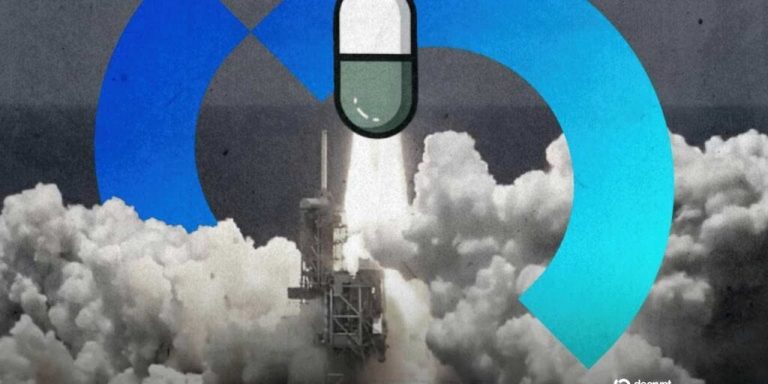
“
Soaring Through the Cosmos: The Power of Imagination Beyond the Stars
Introduction to the Cosmos and Imagination
The power of imagination has long been a driving force behind human innovation and exploration. As we continue to push the boundaries of what is thought possible, we find ourselves drawn to the vast expanse of the cosmos, a realm where the possibilities are endless and the mysteries waiting to be unraveled are plentiful. In this article, we will delve into the relationship between imagination and the cosmos, exploring how the human mind can soar through the stars, envisioning worlds beyond our own and unlocking the secrets of the universe. For more on this topic, check out our post on Soaring Through the Cosmos.
Understanding the Power of Imagination
Imagination is the faculty that allows us to conceptualize and envision things that are not necessarily present in our immediate reality. It is the foundation upon which creativity, innovation, and progress are built. When applied to the cosmos, imagination enables us to theorize about distant planets, hypothetical forms of life, and the potential for interstellar travel. It allows scientists to propose theories, such as dark matter and dark energy, which, though unseen, have profound implications for our understanding of the universe. This exploration is beautifully captured in our article Charting New Realms.
The cosmos, with its billions of galaxies, each containing billions of stars, offers an almost infinite canvas for the imagination. The sheer scale of space and time invites us to ponder the existence of other life forms, the possibility of parallel universes, and the potential for technological advancements that could one day allow us to explore or even inhabit other planets. Imagination, in this context, not only inspires scientific research and space exploration but also influences science fiction, a genre that often predicts future technological developments and societal changes.
Exploring the Cosmos: Past, Present, and Future
Humanity’s exploration of the cosmos has been a gradual process, marked by significant milestones. From the early observations of celestial bodies by ancient civilizations to the current era of space travel and interplanetary probes, each step has been guided by a combination of scientific inquiry and imaginative vision. The launch of the first artificial satellite, Sputnik, and the subsequent landing of astronauts on the Moon, were feats that not only demonstrated technological prowess but also fulfilled long-held imaginative dreams of space travel.
Today, we are in an era where private companies like SpaceX and Blue Origin, driven by the imaginative and entrepreneurial visions of their founders, are pushing the boundaries of space exploration. Reusable rockets, plans for lunar and Mars missions, and the concept of space tourism are all manifestations of how imagination can translate into reality. Furthermore, international collaborations like the International Space Station and future projects aimed at exploring Mars and beyond, underscore the global nature of space exploration and the shared imaginative goals of humanity.
Conclusion and Future Prospects
In conclusion, the power of imagination has been and continues to be a crucial factor in our exploration of the cosmos. It drives scientists to ask fundamental questions about the universe, inspires engineers to design and build spacecraft that can traverse the vast distances between stars, and motivates policymakers to allocate resources for space exploration. As we look to the future, it is clear that the marriage between imagination and technology will continue to propel us forward, into the unknown reaches of the cosmos. For more insights, explore Beyond the Milky Way.
As we embark on this never-ending journey through the cosmos, we are reminded of the infinite potential that lies within the human mind. The takeaways from this exploration are clear: imagination is not just a faculty but a tool, a powerful tool that can change the course of history. By embracing our imaginative potential, we can ensure that the boundaries of what is thought possible continue to expand, propelling humanity toward a future that is as bright as the stars we aim to reach.
Takeaways:
- Imagination is a powerful tool for exploration and innovation.
- The cosmos offers an endless frontier for human imagination and exploration.
- Scientific inquiry and imaginative vision are intertwined in the pursuit of understanding the universe.
- Private and public efforts in space exploration are driven by imaginative goals for the future of humanity.







